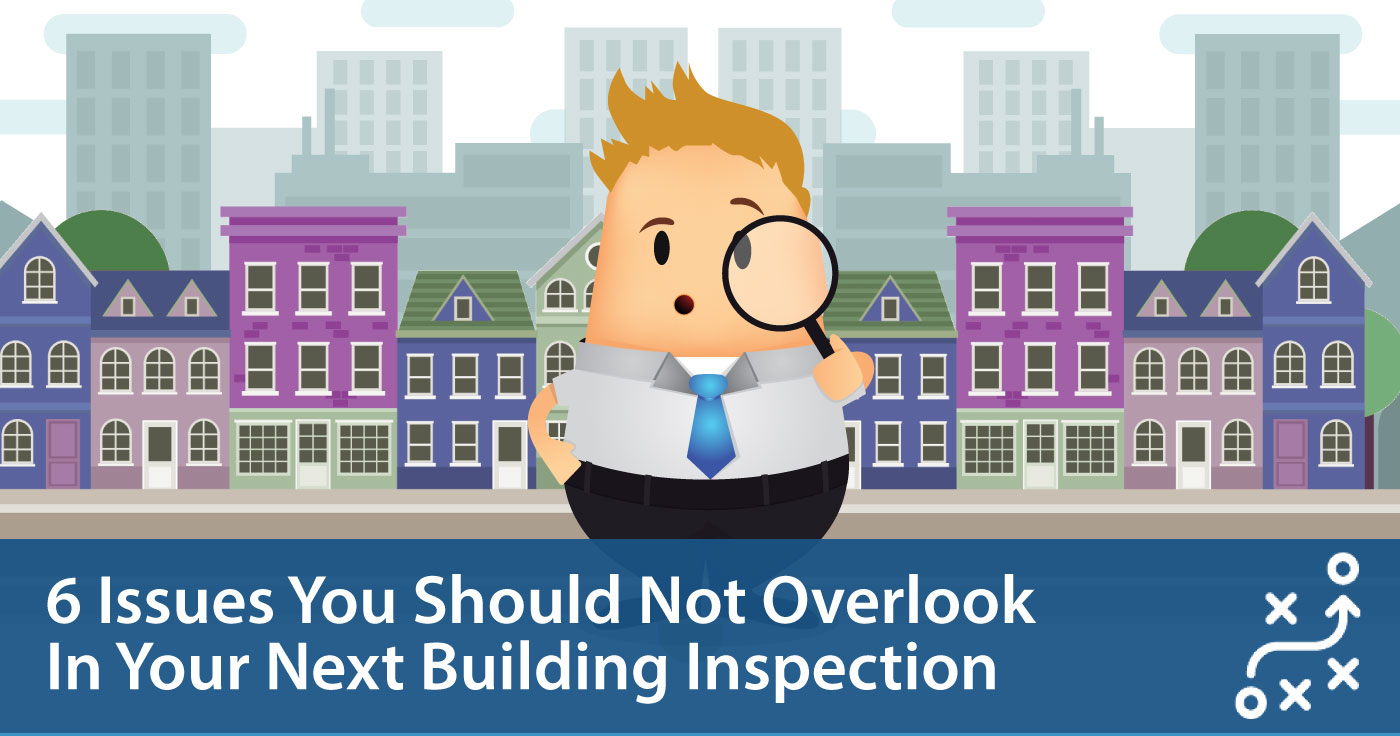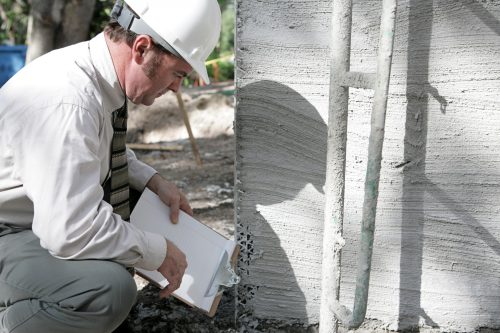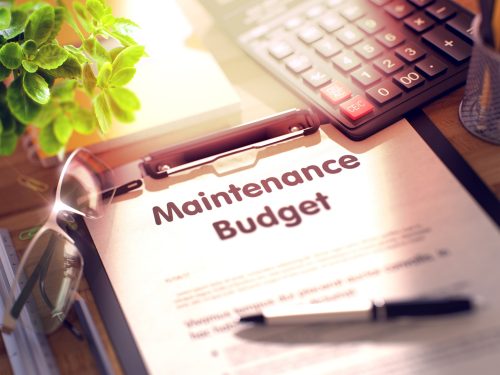6 Issues You Should Not Overlook In Your Next Building Inspection

Horror stories about investment properties are everywhere. If you’re an investor, you’ve probably heard numerous tales of homes that fell into sinkholes, had flooded basements or suffered extensive termite damage.
Brent Smith, the owner of Twenty20 Building Consultancy, hasn’t just heard it all—he’s seen it all, too.
As a building and pest specialist, coupled with being a property investor, Smith has been personally and professionally involved in all aspects of the industry.
Based on his extensive experience, Smith identified six common property-related issues that you should not overlook in your next building inspection:
I'm pulling back the curtain, revealing my best kept Deal Finding Secrets!
- My Secret Search Strategies: Unlock hidden cracker deals no one else knows about
- Stop wasting hours on research: Simple setup automatically hunts down hot deals for you!
- How to use Australia’s top research tool anytime to turning boring research into an exciting treasure hunt
- Bonus: Free Research Tool Credits Included!
🎯 Don’t miss this!
1. Get a comprehensive building inspection

Although this might seem like a no-brainer, there are investors out there who decide to forego building inspections to save a few bucks.
Many major problems, such as termites, water ingress and structural issues, might not be visible to an investor who lacks special training.
Skipping a building inspection exposes investors to huge financial risks, compromises the accuracy of their feasibility studies and eliminates their ability to negotiate based on any identified defects.
According to Smith, a building inspection report should identify each issue and include pictures and recommendations for remediation.
As a value-added service, Smith also provides verbal information to his clients and their real estate agents about the expected repair costs and how each issue could be corrected (by law, projected repair costs cannot be included in the written building inspection report).
2. Understand the true remediation costs

The most common mistake for new investors to make is underestimating the actual costs of remediation efforts, Smith said.
In his experience, investors rarely allow enough money to perform remediation or renovation and end up with a flawed feasibility study—and less profit in their pockets—as a result.
Even things that sound simple, such as repairing a fence or a retaining wall, can become very labour intensive and costly when there are access issues or special equipment requirements, Smith said.
A building inspector can break down and prioritize issues, as well as point out special needs (scaffolding, machinery, etc.) and offer suggestions about cost-effective approaches to remediation—all of which help investors to develop accurate cost projections.
3. Understand the true property value

Another common mistake among property investors is paying too much, Smith said.
The only way to make money on an investment property is to buy it at or below market value and/or increase its value. Although this sounds simple, even seasoned investors can fall into the trap of spending too much.
Potential buyers should target undervalued properties or properties on which they can add value—properties with a “twist”, as Smith calls them—and avoid letting their emotions get involved.
A quality building inspection will also go a long way toward helping a prospective buyer understand the true property value by identifying any issues and providing an opportunity for downward price negotiations.
4. Attend the building inspection

A building inspector will thoroughly assess a property’s structural integrity and aesthetic condition, including landscape, drainage and seepage concerns.
Although a building inspection always includes a detailed written report, property investors should make the most of this opportunity to learn and ask questions by attending the inspection, Smith said.
Smith said that he prefers it when his clients are onsite during a property inspection so that they can see problem areas for themselves.
It also allows him to provide verbal information about potential costs and remediation strategies that, by law, cannot be included in the building inspection report.
Having clients, real estate agents and vendors onsite also promotes transparency and eliminates misunderstandings, he said.
5. Be realistic about risks

Every experienced investor knows that no matter how carefully you structure a deal or how thorough a building inspector may be, something will always go wrong.
Although having a building inspection can greatly reduce your risks, it will never completely erase them, Smith said.
Even the most careful building inspector will miss things that are hidden behind walls or under the ground, so savvy investors should be prepared to deal with unforeseen circumstances.
6. Use licensed professionals

From building inspectors to contractors to lawyers to real estate agents, Smith said that it is critical for you to only hire qualified, licensed professionals.
By using professionals who are properly licensed and insured, you are protecting yourself from shoddy work and personal liability, Smith said.
All states have licensing boards for a range of professions to ensure that each licensee has the appropriate qualifications and training. Some licensing boards even provide information on license status and complaint history online.
Because contractor disputes can be costly and time-consuming, Smith said that investors should be sure to thoroughly research each contractor before hiring them for a job.
Using licensed professionals will also ensure that you get a professional job, including proper documentation that adheres to industry standards.
About Brent Smith
Every property investor needs a qualified building and pest inspector they can trust. Brent Smith has been in the game for 25 years and has been involved in all aspects of the building industry.
Brent has inspected thousands of properties and has built his business around quality and integrity coupled with exceeding his client’s expectations.
I highly recommend getting in touch with Brent for any of your building and pest inspection needs or building consultancy requirements.
You can get in touch with Brent directly by visiting his website: http://twenty20bc.com.au
Looking for proven ways to create profits in the current market?
You'll find over 200 step-by-step case project studies, our renowned Master Classes and Property Crash Courses… and heaps more!
Try the Ultimate Property Hub now


0 thoughts on "6 Issues You Should Not Overlook In Your Next Building Inspection"